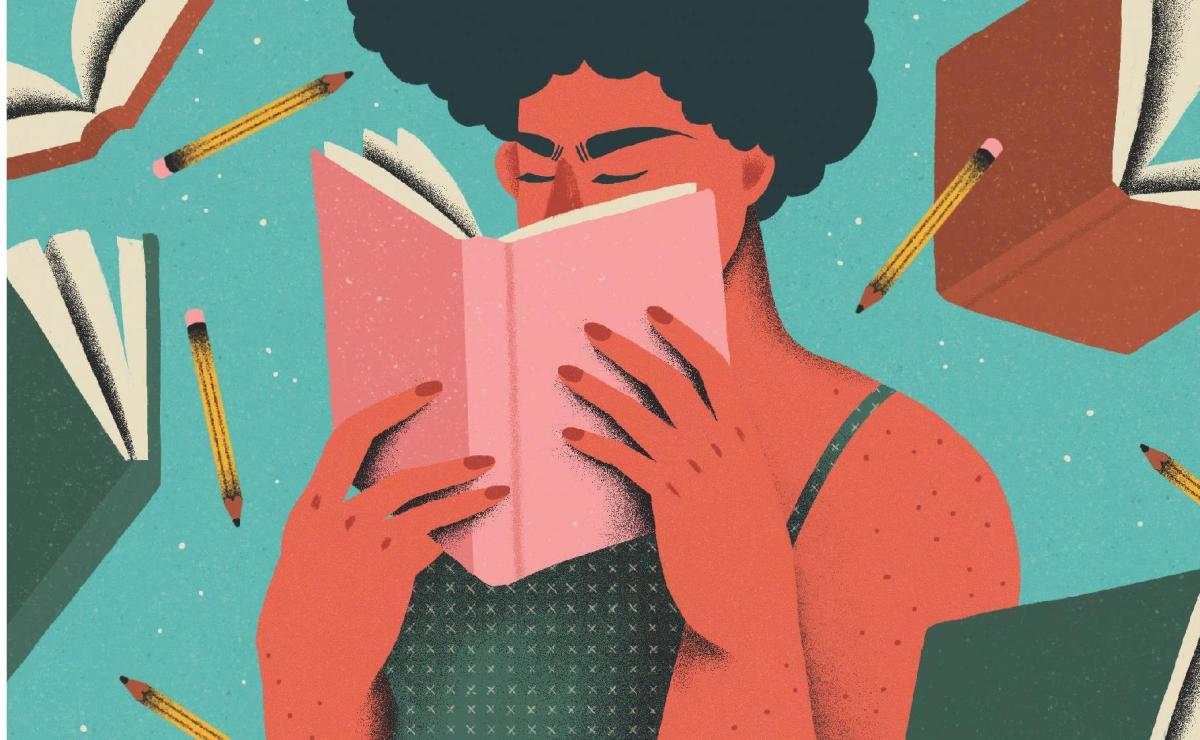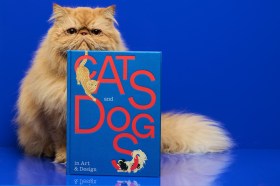Imagine you’ve been invited to a dinner party. The company is friendly, stimulating and exciting. What’s more, it turns out to be a banquet; every dish is to your taste and cooked to perfection and the presentation is almost beyond belief. Afterwards, you are escorted into a professional kitchen where the chefs explain how the food you enjoyed so much was prepared. Because you can only eat so much at one meal you are invited to come again for a similar experience.
That is what this book of essays is like.
Your host, editor Belinda Castles, brings together a bevy of 25 successful writers, including herself, who dish up their views about reading and writing in a thoroughly digestible manner. The result is a veritable feast of erudite insights into some of the best of contemporary Australian literary fiction; insights as diverse as this group of eclectic writers. Yet each essay shares an objective: what can a writer learn from the work of others? Felicity Castagna focuses on Alexis Wright’s Carpentaria because of its sense of place. Fiona McFarlane delves into structure in Nam Le’s story about a story. Castles herself picks Peter Carey’s Oscar and Lucinda to enlarge on ‘thisness’ and colours her analysis with her own experience. A.S. Patrić writes about mirrored reflections and so on; there is no end to the depth of approach. It makes for a fascinating reading experience and is a tribute to Castles’ curatorial skill.
Clearly this collection of essays is aimed at the professional or aspiring writer and as such definitely hits the mark. Its future may well include being used as a textbook for advanced writing classes. For a sufferer of writer’s block, it might also serve as a useful resource.
But Reading like an Australian writer should also tempt those who love to read but have no writing ambitions. At the very least, it provides a reading list of some of the best recent Australian fiction and enough commentary to help less well-informed readers in their choices. While a forensic analysis of a piece of writing may detract from a sense of its spontaneity, that’s a small price to pay for the value it brings; mind you, Cate Kennedy writes in her essay that her enjoyment of reading fiction is not diminished by an understanding of the craft.
All the essays are eminently readable; they are not in the style of a thesis in search of a PhD. Take this example from the pen of Beth Yahp:
‘I know one thing for certain: that the challenge is ethical. It’s about having the capacity to make an ethical call, one founded in care and deliberation. It’s not about writers or satirists or even trolls needing to be censored, cancelled, imprisoned, stowed away in black boxes as warnings, or killed. Instead, it’s about readers reading in ways that aren’t instrumentalist or unassailably aligned. It’s about readers being able to think and feel two things at once, as fiction encourages, without acting rashly upon those thoughts and feelings.’
If ever a book deserves multiple visits this is it. One is struck by the humility of these essayists. They all share a respectful though not hagiographic approach to the work of others; perhaps this is one of the reasons for their own successes. Australian writing has come a long way and this collection is a fitting tribute to that achievement as well as a stepping stone to further heights.
5 stars: ★★★★★ Reading like an Australian writer edited by Belinda Castles Publisher: NewSouth Books ISBN: 9781742236704 Format: Paperback Pages:368pp Release Date: 1 May 2021 RRP: $34.99




